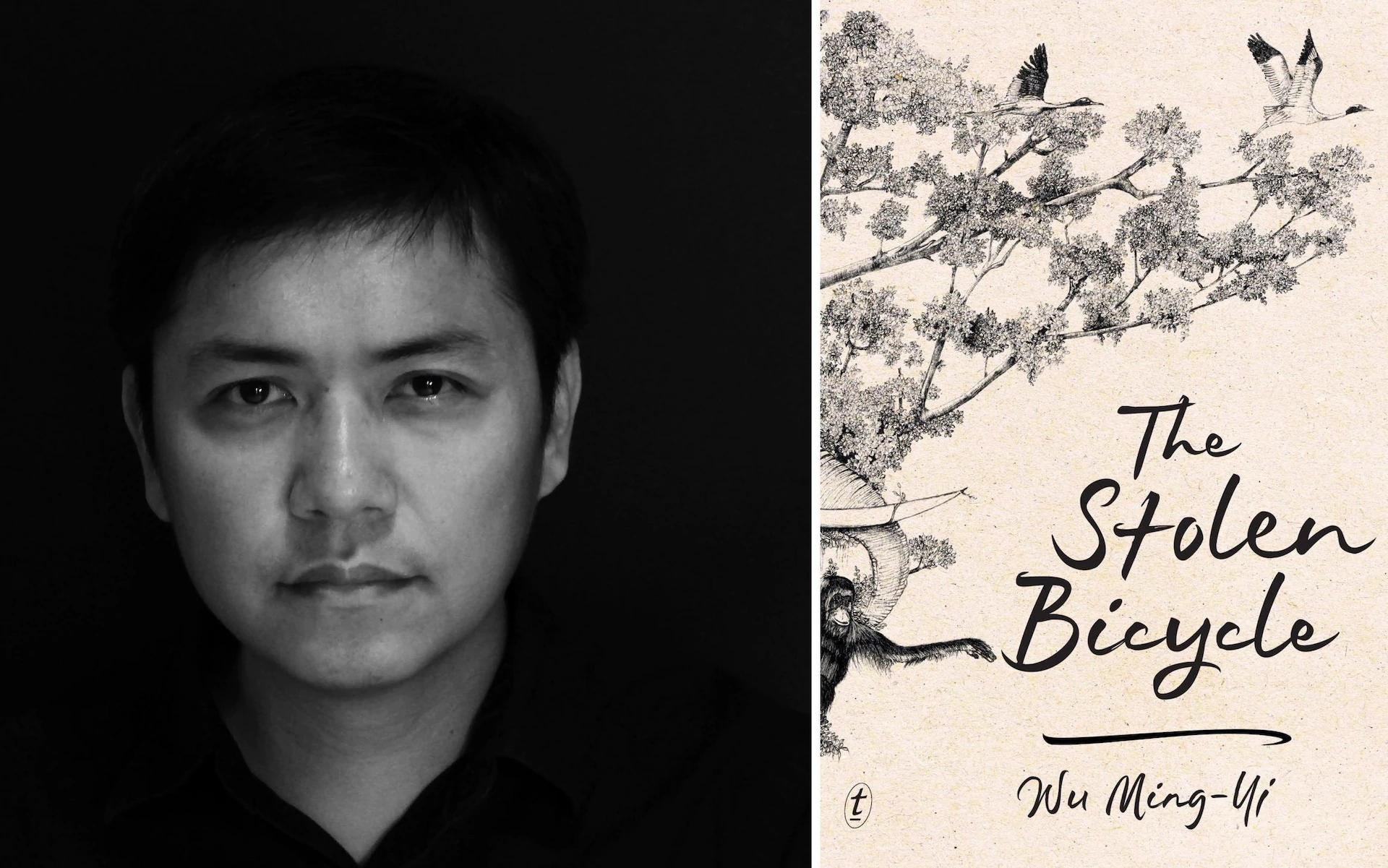KATRINA CROSBY WRITES – Can’t China just let Taiwan be Taiwan? In recent news, the issue of China and the island of Taiwan surfaced again, this time in the form of an acclaimed author’s nationality.
Professor and author, Wu Ming-yi, is a Taiwanese writer whose novel, “The Stolen Bicycle,” was nominated for the Man Booker International Prize. This prestigious literary award is given out every two years to a living author who has published a fictional piece either in English or translated to English. This year, Wu was one out of the 13 nominees for 2018. Originally, he put his nationality as “Taiwan,” but later, to his surprise, his nationality read “Taiwan, China.”
The silent change of identity sparked controversy. Wu hit the internet and posted his response on Facebook. He stated, “Since the publication of the longlist for this year’s Man Booker International award, my nationality on the webpage has been changed from Taiwan to Taiwan, China, which is not my personal position on this issue.” He continued, “I will therefore seek assistance in expressing my personal position to the award organisation.” His post received over 2,500 likes and over 25,000 views, while still receiving praises from others who shared his sentiments. Some of his supporters, Liu Yu-min and Lin Li-chin, who are both actively involved in the writing and graphic design world, asked protesters to come together to speak out against the change.
That said, not everyone felt the same way. Some Weibo users called for a ban of his book on the mainland. One user wrote, “It looks like we will have to establish a blacklist of people seeking Taiwan independence to completely eliminate their connection with the mainland.”
Initially, the Man Booker International Prize said it made this change due to pressure from the Chinese embassy in London. When the organization was asked about this, Truda Spruyt, the spokesperson, responded that they changed “Taiwan” to “Taiwan, China” because it is “the correct, politically neutral form.” Spruyt continued to say, “We are aware that Wu Ming-yi defines himself as Taiwanese and have kept him informed throughout the process.”
Wu’s example is not an individual case; China pressures others to recognize Taiwan as a part of their mainland. For instance, British Airways was attacked for having Taiwan as a separate listing online. Additionally, the Marriott hotel chain and Mercedes Benz have both been under similar scrutiny. Contrary to the dissenters, Moscow Conservancy followed the command and listed Hsieh Szuyun, a famous Taiwanese conductor, as from “China/Taiwan.” This clash of identity can lead to even more hostility between China and Taiwan.
Ultimately, there is no easy path for Wu. He feels his country and, thus, identity are being misrepresented with the addition of “China” to his nationality. But his quarrel is not only with Beijing. Recognizing Taiwan as a separate state are less than two dozen member-states of the United Nations, which has 193. The United States does not recognize Taiwan as a separate state. No European nation does. The people of Taiwan themselves appear divided on whether their Taiwan should be a formal part of China. Wu’s pain may be heartfelt, but from the world’s perspective the trustees of the Man Booker International Prize made a correct decision under international law.
Correct or not, on April 4 the Booker organization reversed itself again and switched the identification back to Taiwan, period.

